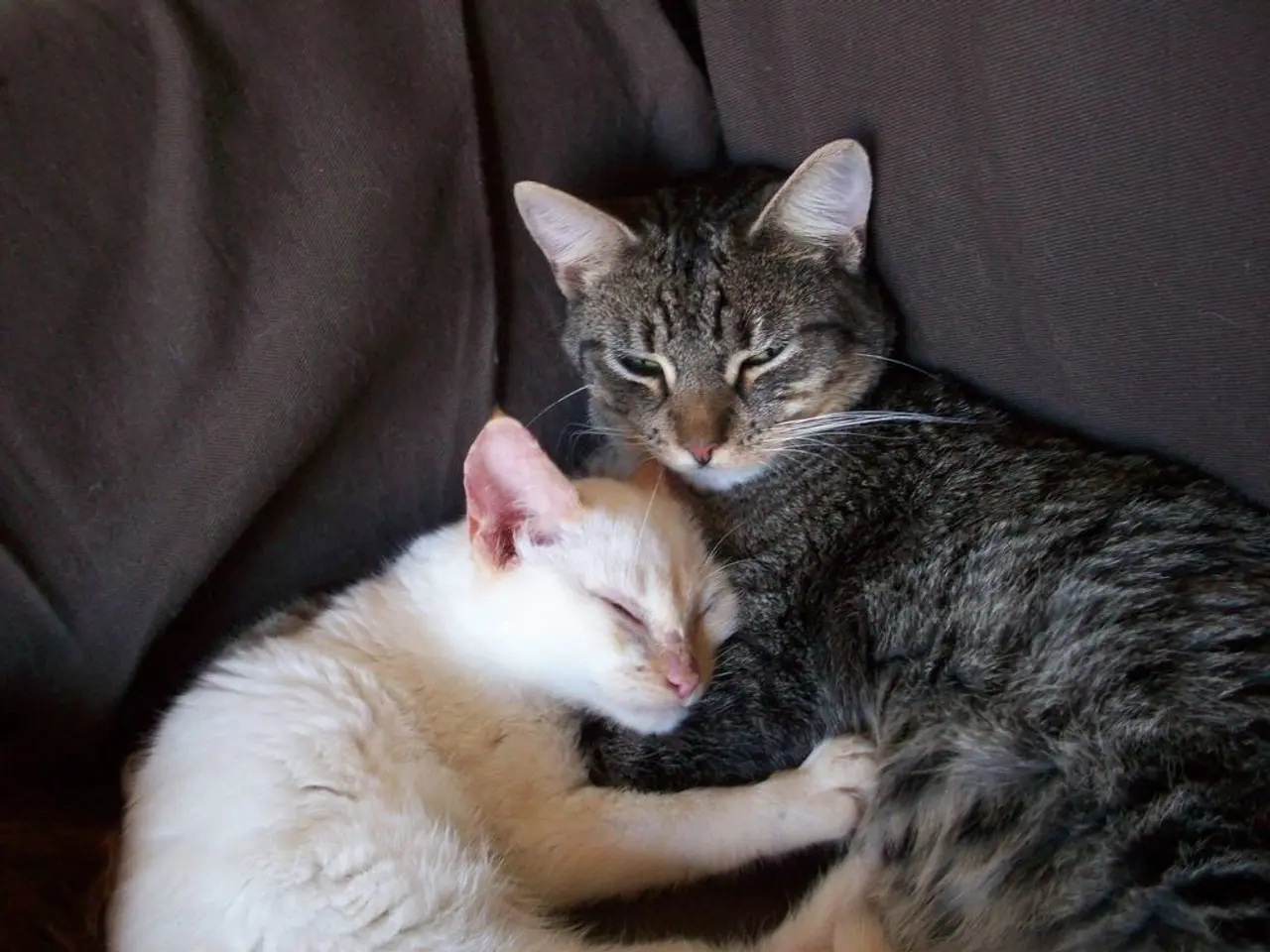Swiss Pets Face Serious Health Risks from Secondhand Smoke
Switzerland, home to over 1.85 million cats and half a million dogs, has a significant number of pets living in smoking households. This poses a serious health risk to our furry friends, with cats and dogs both vulnerable to severe health issues.
Cats, due to their grooming habits, are particularly at risk. They can ingest harmful toxins from cigarettes, leading to fur discoloration and increased stress levels. Studies show cats exposed to secondhand smoke have a doubled or quadrupled risk of developing lymphoma or aggressive oral cancer. Dogs, too, face grave dangers. Living with smokers increases their risk of lung cancer by 60%. Breed plays a role; short or medium-snouted dogs are more likely to develop lung cancer, while long-snouted breeds may face nasal cancer. Puppies, elderly dogs, and those with pre-existing conditions are especially vulnerable, with risks including nasal tumors, eye and skin irritations, and weakened immune systems.
To protect pets, Swiss pet owners must take action. With over a third of the population owning at least one pet, this is a significant public health concern. Pet owners should smoke outside or opt for smoke-free alternatives. Regular grooming can help remove toxic fumes from pets' fur, reducing health risks.
Switzerland's pets face alarming health risks due to secondhand smoke. Cats and dogs, especially those with specific vulnerabilities, are at high risk of developing severe diseases. To safeguard our pets, Swiss pet owners must prioritize smoke-free environments. This simple change can significantly improve the health and longevity of our beloved companions.
Read also:
- FDA's Generic Mifepristone Approval Sparks Pro-Life Concerns Over Safety and States' Rights
- Understanding Child Development: Causes and Signs of Delays
- Top Superfoods for Hormonal Health: Avocados, Berries, Flaxseeds, Turmeric, and Cruciferous Veggies
- Pope Francis' New Book 'Let Us Dream' Offers Unity and Hope for Post-Covid World







